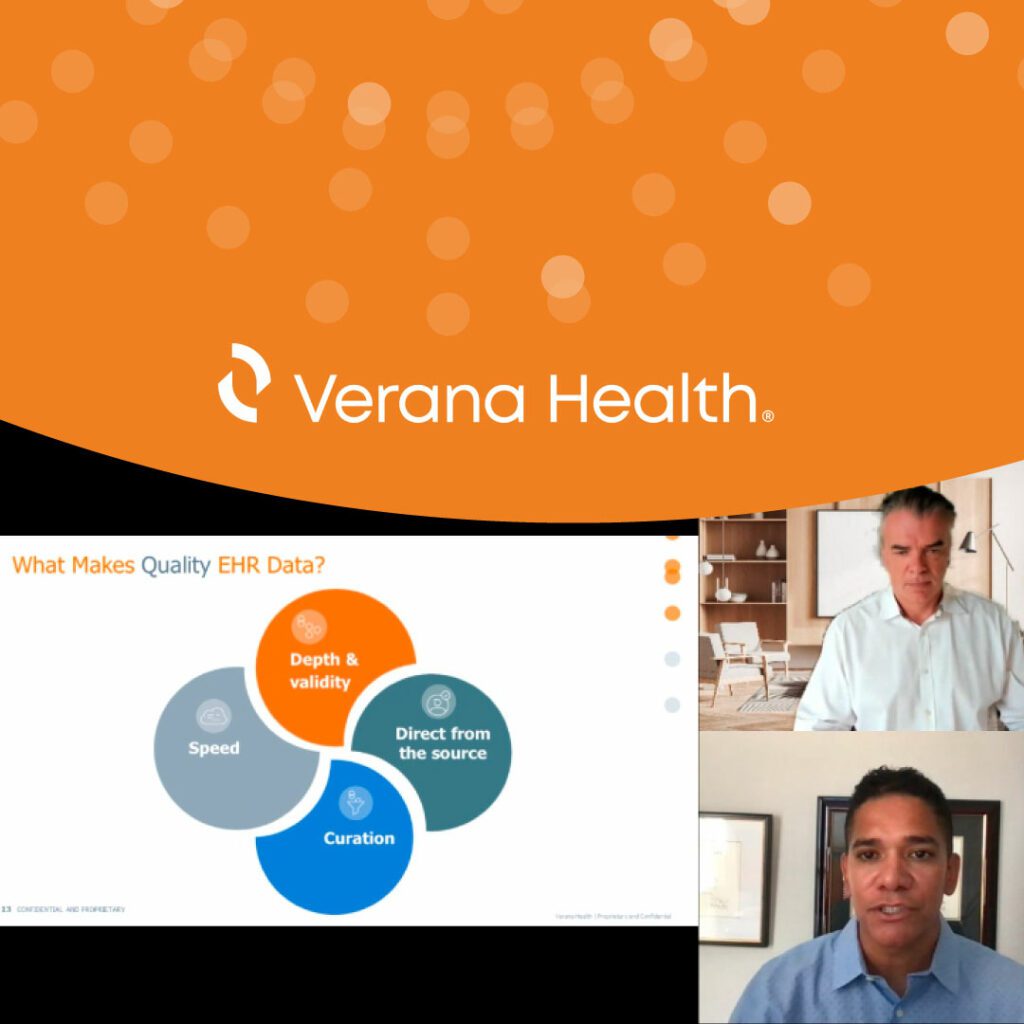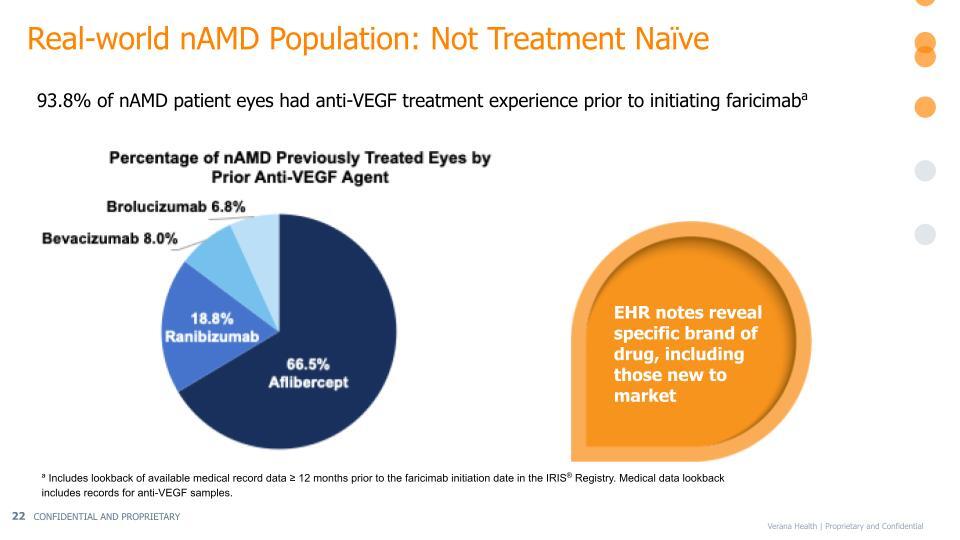Fierce Biotech Webinar Summary: Unlocking EHR Data to Improve Our Understanding of Disease Progression
Author:
Lawrence Whittle, President
Each of us has a unique healthcare journey, which is documented by clinicians in electronic health records (EHRs). Our symptoms, lab results and responses to treatments, along with clinicians’ perspectives, live in the unstructured notes of EHRs, which are a valuable real-world data (RWD) source. When unlocked, EHR data can provide insights to help improve our understanding of the progression of multiple diseases. Recently, we collaborated with Fierce Biotech to host a webinar on this topic, which may be viewed on-demand here: How Unlocking EHR Data Can Help Improve Our Understanding of Disease Progression Across Diseases

Structured data vs. unstructured data
Structured data, such as claims data, provides details on patient medications and diagnostic codes (e.g., ICD and CPT). Though helpful in providing a glimpse into a patient’s healthcare journey, claims data lacks the level of granularity that can be found in EHR data. As an example, only one ICD code exists to classify all multiple sclerosis (MS) patients, but there are four different MS subtypes within that one code. Clinicians’ notes in EHRs can help provide context into which subtype the patient is classified under, and whether the patient progresses between subtypes over time.
An estimated 80% of healthcare data is unstructured. Within the unstructured clinician notes of an EHR lies the “why” around a disease: why the clinician chose a specific diagnosis or treatment claim code. EHR notes can also reveal the clinical nuance and how the patient is feeling. The data often represent bread crumbs, or clues left by previous clinicians to help fill in the gaps of a patient’s history and to help current clinicians capture vital information that isn’t included in structured claims or EHR fields. Beyond a chosen diagnosis, this may include reasons for a certain diagnostic to be ordered or treatment to be chosen, or why a clinician decided to switch medications.
Apart, structured and unstructured data paint only a small picture of a patient’s condition. Together, they can provide a holistic view. But that view is only as good as the quality of data generated.
Leveraging EHR data to provide in-depth RWD
Through exclusive partnerships with three medical society registries in ophthalmology, neurology and urology, Verana Health has access to EHR data from more than 90 million de-identified patients and 20,000 clinicians. Our VeraQ® population health data engine–which is clinician-directed and enhanced by artificial intelligence–ingests, de-identifies, links and curates EHR data.
Aware of the quality RWD we can produce at scale, Genentech collaborated with Verana Health to understand how its newly launched faricimab therapy was fairing in the real-world among patients diagnosed with age-related macular degeneration and diabetic macular edema. David Tabano, principal health economist at Genentech, joined the webinar to discuss this study. In order to answer the study’s questions, outcomes data (e.g., visual acuity) was needed, which cannot be found in claims data. By collaborating with Verana Health, Genentech was able to utilize RWD from EHRs to understand the patient characteristics, treatment intervals and patient outcomes for early adopters of faricimab.
The learnings from the study, outlined in the below slide, demonstrate that the real world population who initiated faricimab, did not match the treatment naive clinical trial population.

In its pursuit to find solutions to some of the most difficult healthcare challenges, Eisai’s Global Value and Access Head for Alzheimer’s Disease and Brain Health (ADBH), Amir A. Tahami, MD, MSc, PhD, also joined the webinar to share a case study. This particular study utilized unstructured EHR data to understand the variability in Alzheimer’s disease severity rating in subjective versus objective assessments.
Utilizing high-quality RWD to help inform RWE
Verana Health’s deep expertise, secure advanced technology, and direct access to exclusive, near real-time data can provide high-quality insights that can help inform real-world evidence. Curated RWD holds immense potential to transform healthcare and life sciences research, and improve patient outcomes.
To view this topic in depth, watch the on-demand recording.

Let's Accelerate Research Together
To learn more about Verana Health, please fill out the information below and our team will follow up with you as soon as possible.

